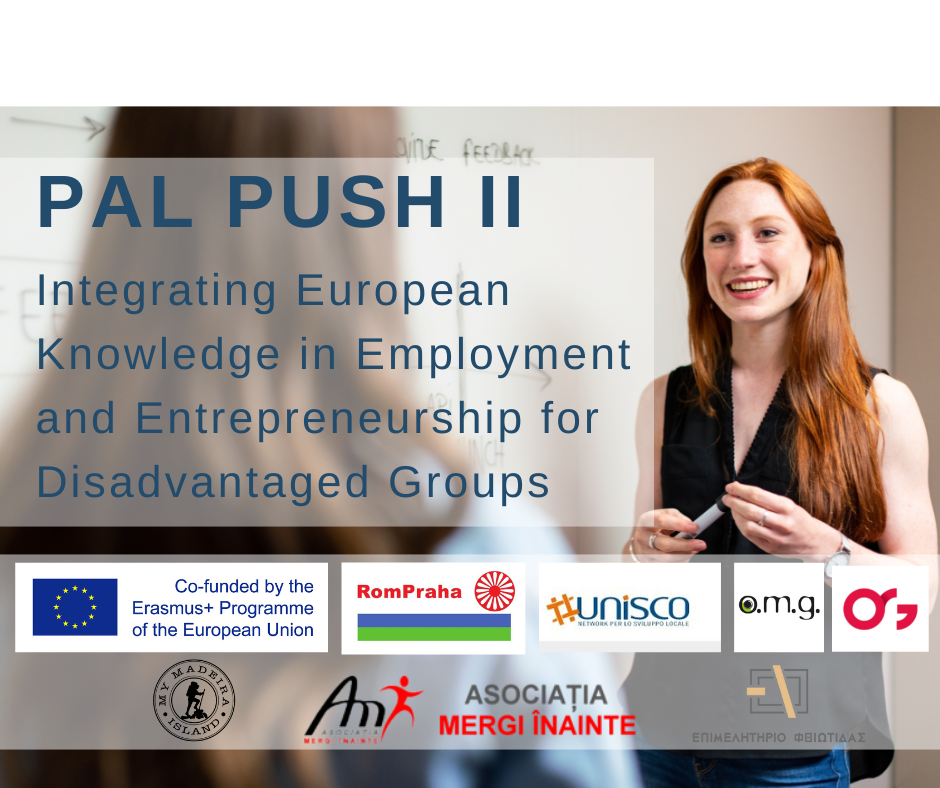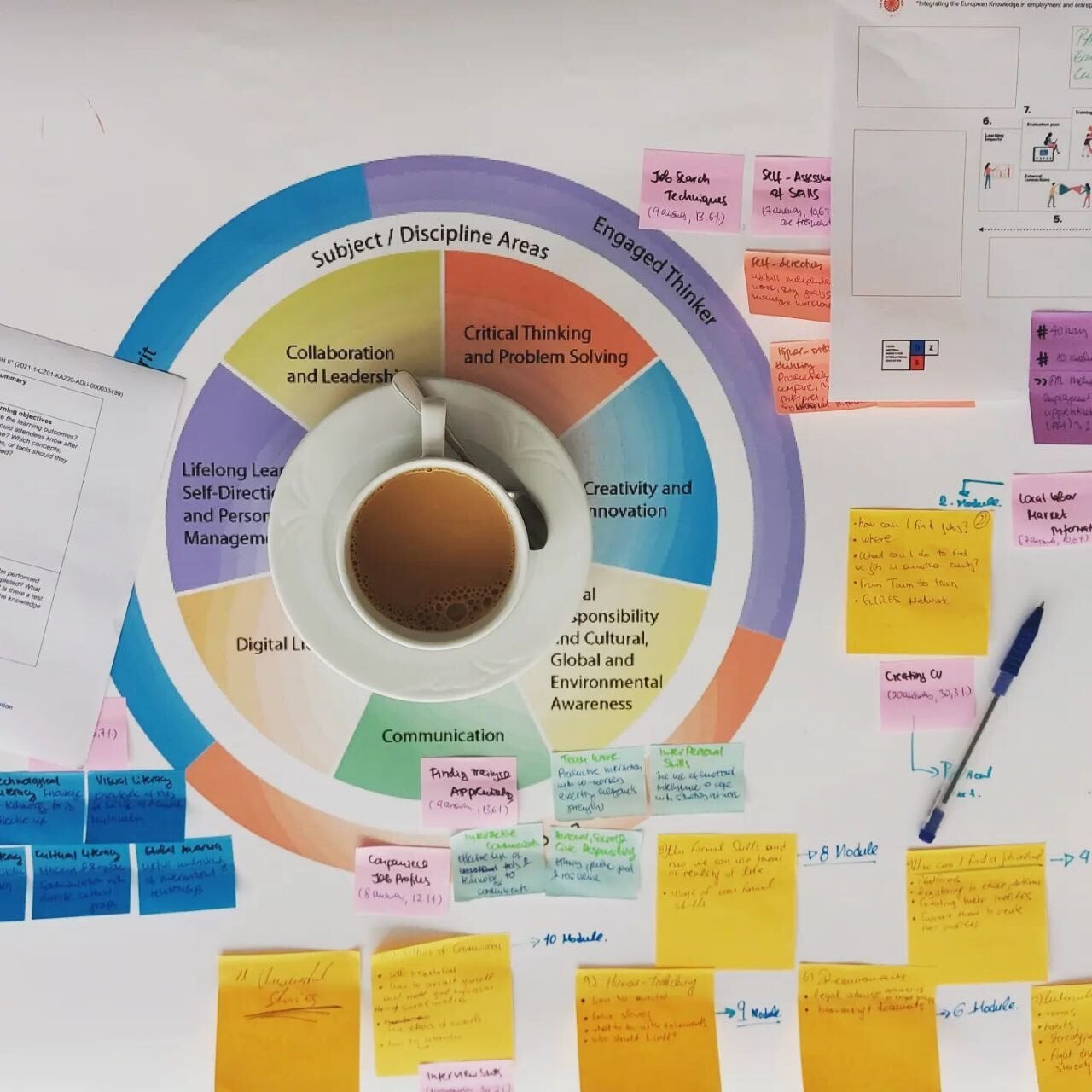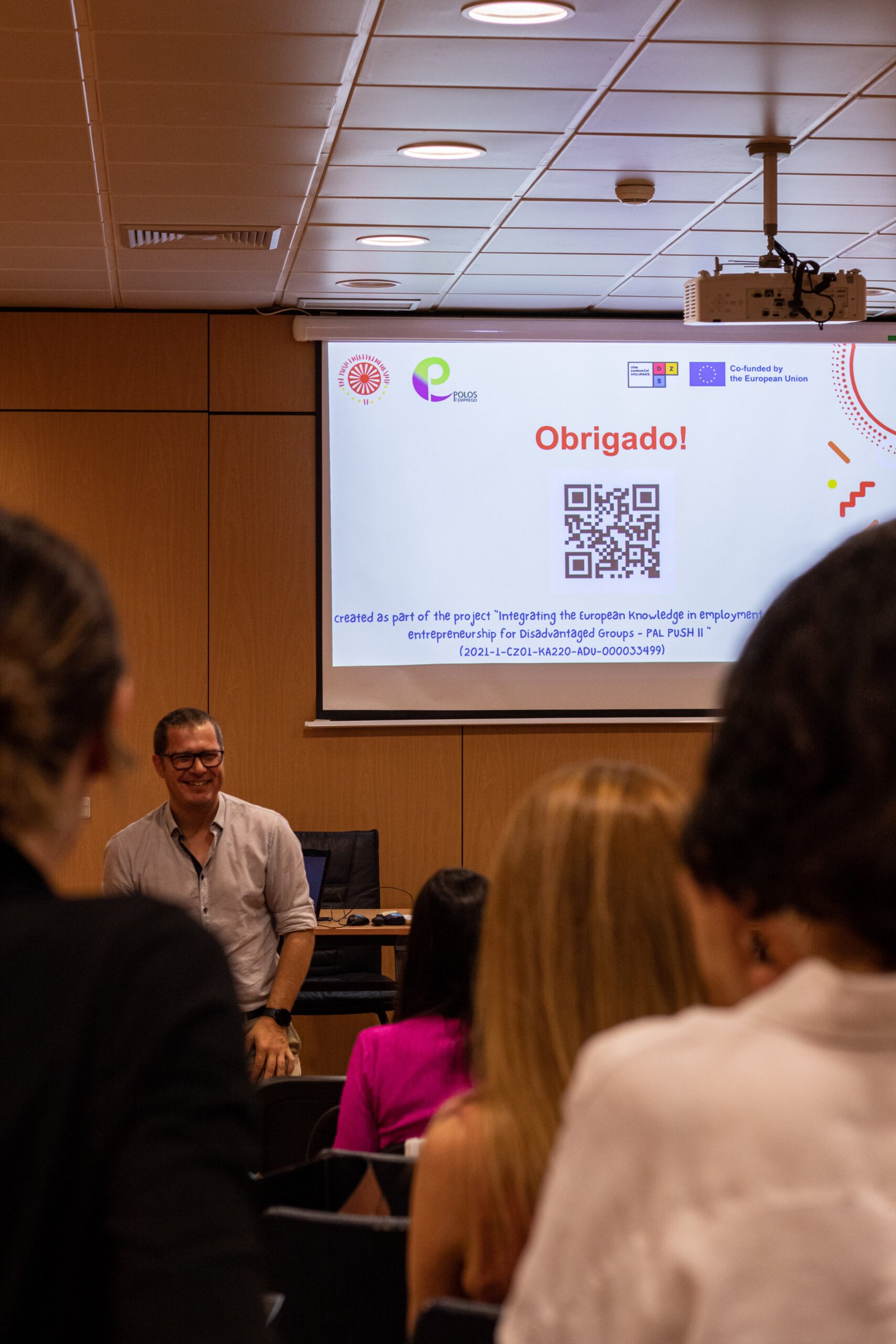Unemployment and social exclusion are affecting disadvantaged, vulnerable groups deeply as families with children and low-income struggle with a lack of affordable childcare, and migrants experience unprecedented exclusion from the job market.
The collapse of opportunities for labor market integration with the breaking of the crisis in 2008 but also in 2020 is perhaps the most common problem on the road to independence as the unemployment rate in the union affects almost a quarter of all adults aged 18-35 in 2020.

Long-term unemployment is one of the main concerns of policymakers. Apart from its financial and social effects on personal life, long-term unemployment negatively affects social cohesion and, ultimately, will stifle economic growth. The Europe 2020 Strategy launched by the European Commission in 2010 aims to target employment, poverty, and social exclusion, among other issues, by coordinating national and European policy efforts. In line with the Europe 2020 Strategy, the European Employment Strategy seeks to implement measures designed to encourage people to remain at work or find a new job. The strategy seeks to create more and better jobs throughout the EU by promoting a life cycle to work, lifelong learning, improving support for those seeking a job, as well as ensuring equal opportunities.
Inclusive entrepreneurship is an important vehicle for achieving inclusive growth. Business creation by under-represented and disadvantaged groups helps create jobs and fight social and financial exclusion while stimulating economic growth across the economy. However, while entrepreneurship plays an important role in stimulating innovation and driving job creation, only a relatively small part of the population is involved in starting a business, and not all people have the same opportunities to create and run a business.

The objective of inclusive entrepreneurship policies is to ensure that all people have an opportunity to start up and operate in business or self-employment, regardless of their personal characteristics and background.
The project PAL Push II is aiming to develop a comprehensive approach and endorse a number of goals in entrepreneurial training and employment in order to speed up inclusion groups’ Integration and support the implementation of national inclusion strategies and the Council’s Recommendation of their Integration.
“recognizes entrepreneurship and self-employment as key to achieving smart, sustainable, and inclusive growth”
The project aims to support social inclusion groups’ participation at different levels, by gathering qualitative data about approaches and practices and supporting initiatives where their participation is a key to long-term change. It provides a timely opportunity to work on the root challenges behind current unemployment trends and cooperate with some of the projects and initiatives which have been implemented to tackle such issues in an innovative and experimental manner. It also recognizes entrepreneurship and self-employment as key to achieving smart, sustainable, and inclusive growth. In its support of entrepreneurship and self-employment, the EC focuses its efforts on businesses and start-ups by unemployed and people from vulnerable groups supporting inclusive entrepreneurship and microfinance.
The aim of the project is to create inclusive methodology and training materials helping the target groups to identify their skills gaps and to receive appropriate training, connected with already developed training materials as part of the project PAL PUSH Entrepreneurship & PAL Women (for entrepreneurial support and trainings) and PAL project (for employment opportunities and methodologies).
It will work actively on two main pillars: inclusive entrepreneurship (part of Project Result 2) and inclusive employment (Project Result 3 and 4).


